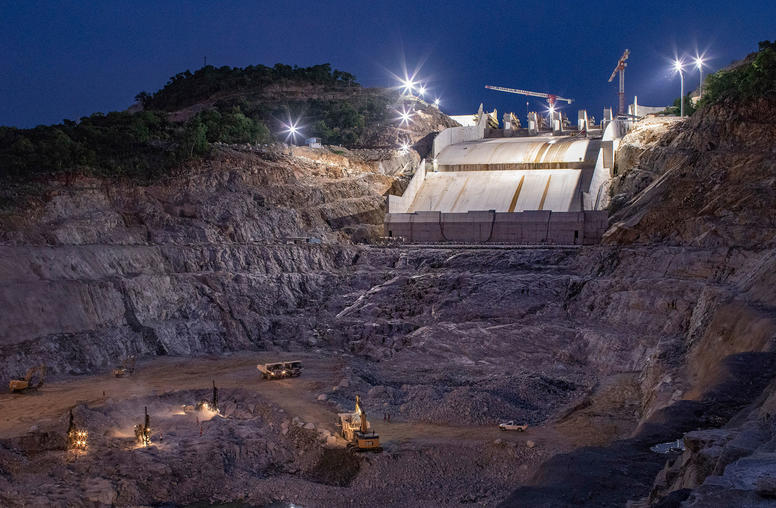 Democratic Republic of the Congo
Democratic Republic of the Congo
Although peace agreements in 2002 brought the Democratic Republic of the Congo (DRC) tenuous stability, armed actors continue to create insecurity, taking advantage of the region’s minerals, timber and wildlife. Decades of fragile governance, local conflicts and external interventions have fueled cycles of violence as a range of actors compete for influence. USIP works with and informs U.S. policymakers and the private sector on ways to mitigate conflict and promote security, thus helping create a stable and secure environment for investments, including those of the U.S. and its allies. USIP convenes officials and partners to develop conflict resolution mechanisms, while strengthening mediation capacities of communities affected by artisanal mining in DRC and Zambia and development activities in Angola’s Lobito Railway.
Read more on USIP’s work on critical minerals.
2023 Women Building Peace Award Recipient: Pétronille Vaweka
Pétronille Vaweka, of the DRC's Ituri region, is the laureate of the 2023 Women Building Peace Award. Vaweka is a senior mediator and coordinator for Engaged Women for Peace in Africa, a network of women working in conflict-affected areas in eastern DRC. The award is given each year to a woman peacebuilder who has made a major contribution to preventing conflict, combatting violence and building peace in her country or region.
Featured Research & Analysis

What the DRC-Rwanda Peace Deal Means for the U.S. and Africa’s Mineral-Rich Great Lakes Region
Last Friday, the foreign ministers of Rwanda and the Democratic Republic of the Congo (DRC) met in Washington to sign an agreement to end 30 years of conflict in Africa’s Great Lakes region. The peace deal was accompanied by commitments to build a “regional economic integration framework” and promises of U.S. investment in eastern DRC’s abundant critical mineral reserves, among other commercial agreements.

Joseph Sany on the Rwanda-DRC Conflict and the Risk of Regional War
After decades of poor governance, ethnic tensions and illegal resource exploitation in the mineral-rich eastern Democratic Republic of the Congo, Rwandan-backed rebels’ capture of Goma “has the potential to bring … seven countries into [the] conflict” and ignite a wider regional war, says USIP’s Joseph Sany.

A DRC-Rwanda Truce is Key for African and U.S. Interests — Here’s How to Get There
On January 27, Rwandan-backed rebels known as M23 captured Goma, the largest city in eastern Democratic Republic of Congo (DRC), despite the presence of U.N. peacekeeping force, defense forces from other African countries, local militias, and European mercenaries hired to block its advance. Nearly 3,000 people were killed in M23’s advance into Goma, including the provincial military governor. Roughly 500,000 people fled their homes, adding to the more than two million people displaced by the long-standing conflict.
Current Projects

Africa-China Early Career Scholars Program
Much of the research that has been conducted on the impact of China’s economic engagement with Africa has focused on their economic exchanges and security engagements in isolation of one another. But few have sought to understand the interconnections between these themes. These interconnections matter, as some Chinese firms are responsible for population displacement, corruption and illegal extraction activities — all of which are factors that can drive conflict.

Critical Minerals in Africa
Often throughout Africa’s history, natural resource exploitation has brought devastating consequences. However, it’s clear that Africa’s critical minerals will be developed regardless of the risks. The question is: How will critical minerals be developed and to whose benefit?